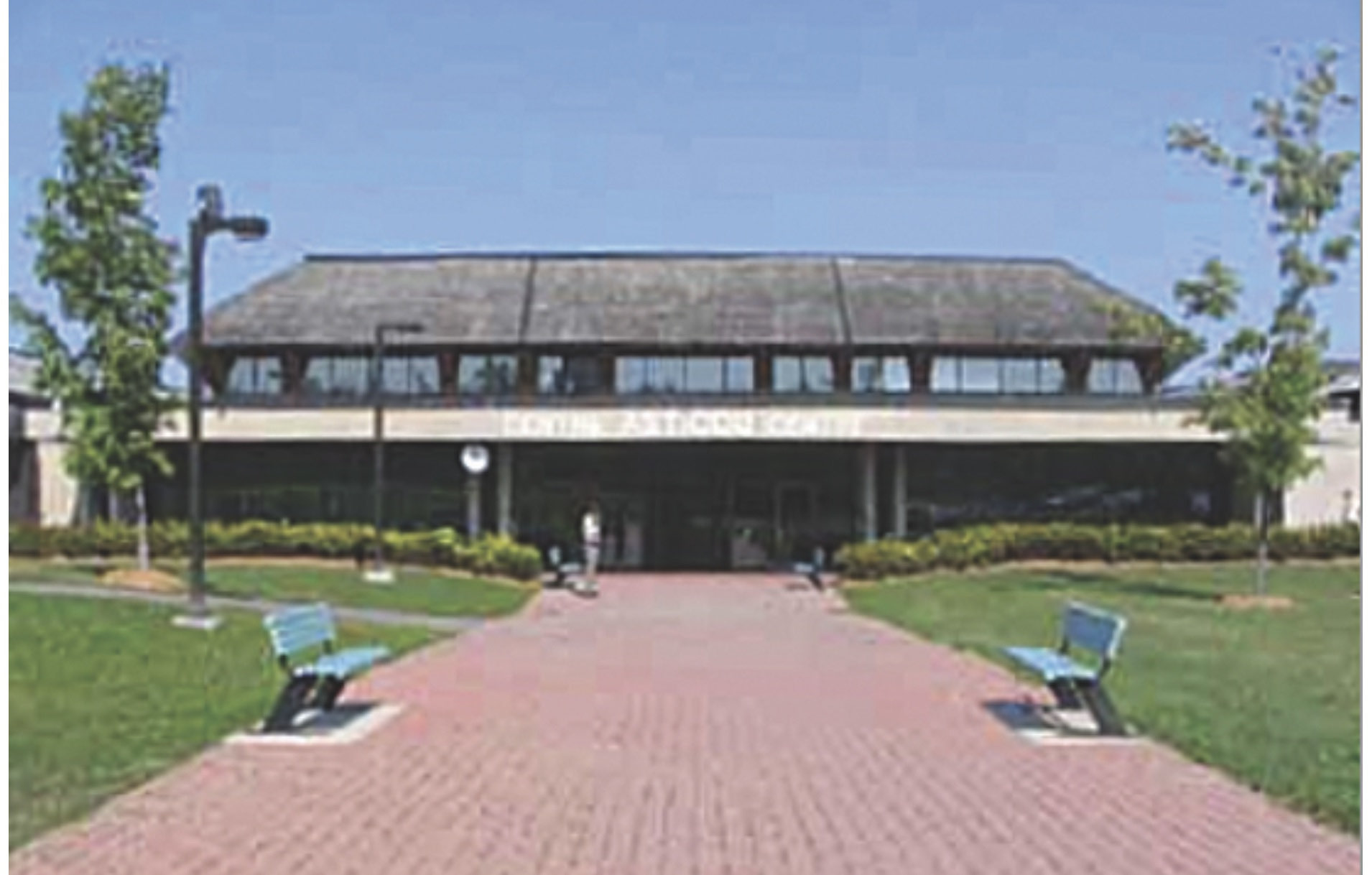Asticou hospital site announced amidst controversy
Tashi Farmilo
In a significant advancement for healthcare in the Outaouais region, the provincial government has unveiled plans for a new hospital on the Asticou site and an additional service point in downtown Gatineau. The revised project aims to better meet the needs of the local population and expedite its implementation.
The Asticou site will host a 600-bed hospital, strategically positioned near educational institutions and public services, and easily accessible by public transit. Health Minister Christian Dubé highlighted the importance of this choice: "We ensured that the Outaouais hospital project could offer citizens a facility that meets their needs and aligns with current clinical and demographic realities. Accessibility of services remains at the heart of our health efforts, as committed in the Health Plan. The revised project reflects this necessity to equip Quebecers with the best-suited health infrastructures."
The project includes acquiring a building at 70 Crémazie Street in downtown Gatineau, intended to house high-volume clinical activities. This site will provide a blood sampling and vaccination centre, various primary care services, and OPTILAB laboratories, with an expected opening in 2026. Minister of Culture and Communications, Mathieu Lacombe, expressed his enthusiasm for the project's direction: "I am proud to be part of a government that has tackled the underfunding in Outaouais healthcare head-on. This long-awaited project is evolving in the right direction. I am delighted that downtown Gatineau will quickly benefit from privileged access to certain services with the acquisition of a building in the community's heart. Our government listens to Outaouais' needs, and this project's enhancement demonstrates that."
The decision to change the initial site for the hospital followed technical studies that revealed the presence of biogas, making the original location unsuitable. This factor, combined with the complexity of demolition and construction and a higher-than-expected number of expropriations, led the government to seek an alternative solution. Jonatan Julien, Minister of Infrastructure, underscored the advantages of the Asticou site: "The Asticou site offers the best conditions for the hospital project and meets the population's needs."
Suzanne Tremblay, the Member of Parliament for Hull, expressed her pride in the project's progress: "It is a great pride for us to see this hospital project take shape more tangibly. We now know where it will be located, right in the heart of the Outaouais community. This increased accessibility to health and social services will sustainably improve the quality of life for citizens. I thank all the partners who contributed to this new milestone for our region's project."
However, the announcement has not been without controversy. The Coalition for an Accessible and Sustainable Hospital in Outaouais (CCHADO) and the Quebec Association of Physicians for the Environment (AQME) have expressed significant concerns. Patrick Robert-Meunier, spokesperson for the CCHADO, criticised the decision, stating, "Arbitrary choices have excluded ideal sites proposed by the Coalition, sites that fully comply with government guidelines. We missed the opportunity to demonstrate vision and go beyond traditional processes to set an example. We will bear the consequences of this decision for generations."
Both organisations have raised issues regarding the Asticou site, including its impact on local wildlife and flora, the high costs of upgrading public infrastructure, ambulance access, lack of nearby services, and the potential negative impact on economic development and workforce retention. Benoit Delage, a member of the CCHADO, remarked, "For an infrastructure that should benefit the community, we find ourselves excluded from the discussion on the site despite our efforts. Today, a project for the community was announced, but it was done without the community."
The AQME has also voiced environmental concerns. Dr. Claudel Pétrin-Desrosiers, president of the AQME, noted, "Building a hospital is a rare opportunity to set an example in sustainable development and respond to the values the population expects from the government." The AQME advocates for a hospital location that supports carbon neutrality and promotes active and public transportation. Yet, despite these criticisms, the provincial government remains committed to the Asticou site, asserting its benefits and strategic importance.
Photo caption: The Quebec government has announced the construction of a new hospital on the Asticou site and a service point in downtown Gatineau, sparking both praise for improved healthcare access and criticism from local organisations concerned about the project's feasibility and environmental impact.
Photo credit: Courtesy of Parks Canada





